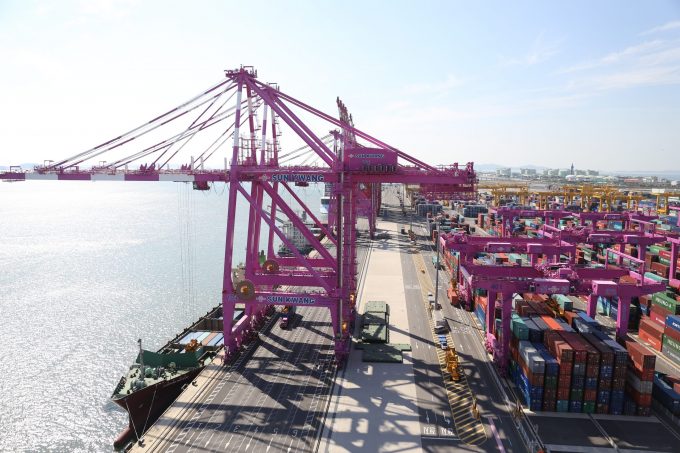CMA CGM South Korean staff strike over bonuses after bumper 2024 profit
CMA CGM’s employees in its South Korea office have gone on strike for increments and ...

HMM is part of a consortium that has been chosen to operate a new container terminal in South Korea’s Incheon New Port Phase 1-2.
The new terminal, the first fully automated facility in Incheon, opens in 2027 and, with three berths, can ...

Comment on this article